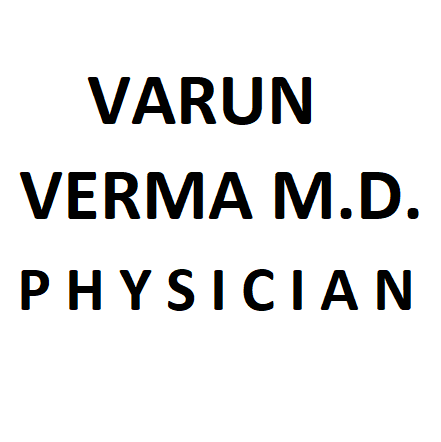Medical errors are the 3rd leading cause of death (after cancer and heart disease). What can patients do to decrease their risk for encountering errors in healthcare?
1- First be prepared. Have an accurate medication list and the names of your physicians.
Even though it is 2018 and finding pictures on social media is easy – finding this life saving information remains challenging, especially in the middle of the night.
A – Ask questions.
Who is in your room talking to you? What is their name, title and role? As healthcare has evolved, the traditional physician and nurse team taking care of patients has evolved to physician assistants, nurse practitioners, and sometimes also includes students and trainees and other healthcare professionals.
B – Be heard.
Speak up if you think something is wrong. Sometimes patients and their loved ones are the first to realize that something is wrong.
C – Clarify.
What is the plan for the day and when can you be discharged? Although hospitals are supposed to be for healing, increased hospital stays bring with them a risk for hospital acquired infections, deep vein thrombosis (blood clots), and general deconditioning.
D – Document and Discuss.
Make sure hospital administration is formally made aware of any concerns. Almost all hospitals have patient satisfaction representatives and quality and safety departments. Make sure you file a written report or complaint if you experience a near miss, a delay in care, or another medical error.
RELATED BLOG POST about my own family’s story with our newborn daughter. The medical errors in my view during this entire ordeal were: i/ delays in care ii/ unsupervised trainees iii/ staff failing to acknowledge concerns of family members.
Blog post was published on KEVINMD with over 6000 shares!

Connect on social media

Great article about being an advocate for your loved one. I recently had a very bad experience at Mount Sinai Beth Israel Hospital in NYC and wrote a letter to the President. My friend died under their care. It’s horrible out there.
I’m sorry to hear about your experience. We also had a horrible experience at a different hospital (but it was involving our newborn https://varunvermamd.com/how-i-saved-my-daughter-from-a-medical-error/). When we wrote the quality/safety department we received a legal sounding letter denying all wrongdoing. There needs to be an avenue for patients and loved ones to openly discuss near misses, medical errors and outright mistakes. It’s too easy for healthcare systems have no accountability.